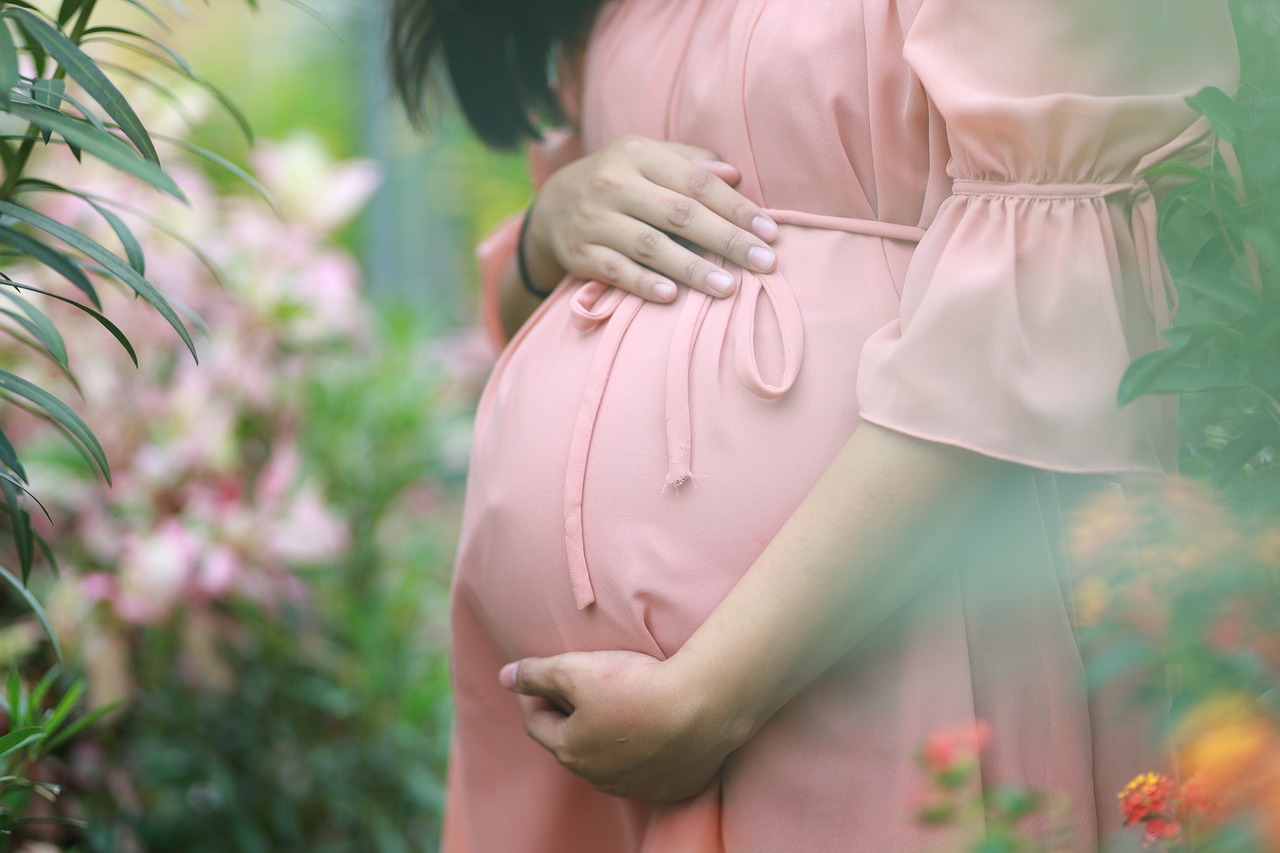




Pregnancy Drug DES May Be Linked To Cancer
File A Claim For Compensation – Four Decades On
The pregnancy drug DES may be linked to cancer and gynaecological health issues – three of four generations after mothers took it. The problematic drug was withdrawn in the early 1970s. It was prescribed for pregnancy complications including miscarriages to drying up breast milk.
Known as the anti-miscarriage drug Diethlystilbestrol, it was commonly known as DES. It’s estimated thousands of women took it between the late 1930s to 1973. It was withdrawn when it was linked to cancers, such as breast and cervix by an American scientist
Women whose mothers took the drug when they were pregnant, believe their own health problems may be linked. An investigation by ITV revealed that issues such as abnormalities and infertility may have affected second and third generations. The women who were exposed to the drug while in the womb are known as ‘DES Daughters’.
Unmarried Mothers Prescribed DES
Alarmingly, the news channel also found that unmarried mothers may have been prescribed DES from the 1950s to 1970s while they were in state institutions. Thousands of unmarried mothers gave birth during these years with their babies being given up for adoption. The drug would have been used to dry up breast milk.
DES is being likened to the thalidomide scandal of the 1950s and 60s as the thalidomide medication caused serious birth defects. It was typically taken by pregnant women for ‘morning sickness’. After being developed in the 1930s, there were warnings about potential dangers of DES.
However, DES was only withdrawn after being proved to be carcinogenic. The highest risk is suspected to be for breast cancer for the women who took DES, while daughters may be at a heightened risk for breast cancer, as well as at risk of other gynaecological health issues.
Common Breast Cancer Symptoms
The women who were exposed in-utero to DES are believed to have a higher risk of developing breast cancer after age 40. This is among other health problems which may affect women whose mothers took DES.
Breast cancer is one of the most common cancers affecting women worldwide. The symptoms can vary widely and can be subtle in the early stages. Early detection is key and here are some common symptoms:
Lump or Thickening in the Breast or Underarm
A new lump in the breast or underarm area is often the first noticeable sign. Not all lumps are cancerous, but any persistent lump should be checked by a doctor.
Change in Size, Shape, or Appearance
If one breast starts to look noticeably different from the other or if there is a change in contour, it could signal a tumour beneath the surface.
Skin Changes
Look for dimpling, puckering, redness, or flaking of the nipple or breast skin. These changes can resemble the texture of an orange peel and may indicate inflammatory breast cancer.
Nipple Discharge
Any unusual discharge from the nipple, especially if it is bloody or occurs without squeezing, should be evaluated immediately.
Nipple Retraction or Pain
If the nipple begins to turn inward or you experience unexplained nipple tenderness or pain, these could be warning signs.
Persistent Pain
Pain in the breast or armpit that does not go away should not be ignored, even if there is no lump present.
Swelling or Enlargement
Swelling of all or part of the breast, even without a lump, can be an early symptom of breast cancer.
Because these symptoms can also result from non-cancerous conditions, it’s essential to consult a healthcare provider for evaluation and testing.
Filing a Personal Injury Claim?
If you are a DES daughter and have been diagnosed with breast cancer or another related condition, you may be eligible to file a personal injury claim. However, there are some key considerations.
Your diagnosis must be directly linked to in-utero DES exposure. Medical records or a physician’s expert opinion may be needed to establish this connection. Documentation of your mother’s medical records confirming DES was prescribed and used during her pregnancy will also be required.
Due to the historic nature of these cases, it is essential you consult with a personal injury lawyer who can assess your case and advise if it may be valid.
‘No Win, No Fee’ Compensation Claims
At Jefferies Claims, we will support you through the claims process with care and understanding. We only work with lawyers who will assess all aspects of your case and who operate on a ‘No Win, No Fee’ basis.
Contact us today at 0333 358 3034. Alternatively, complete our online contact form to arrange an initial no-obligation telephone consultation with a member of our friendly team.
